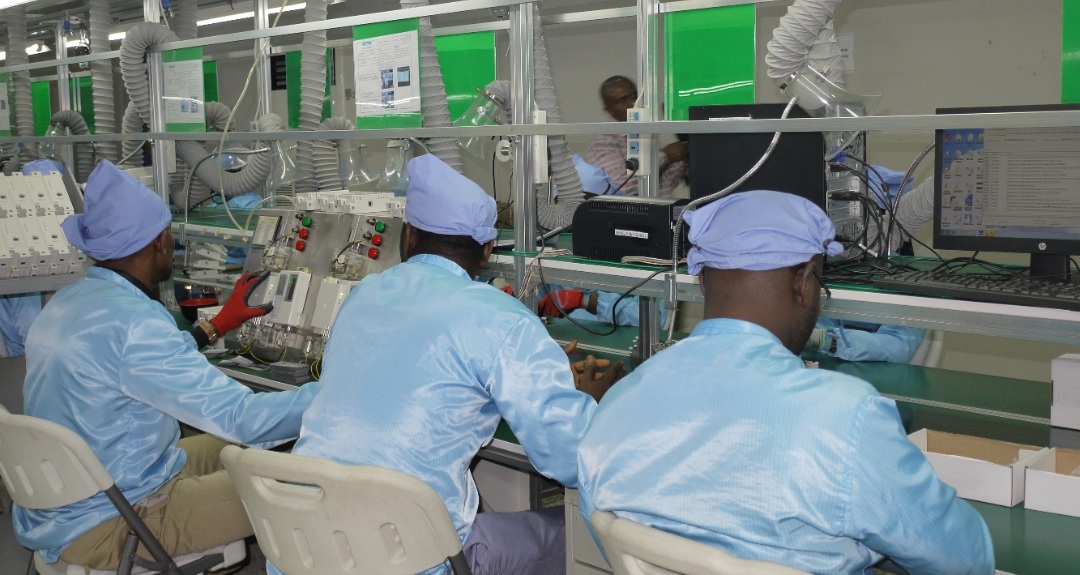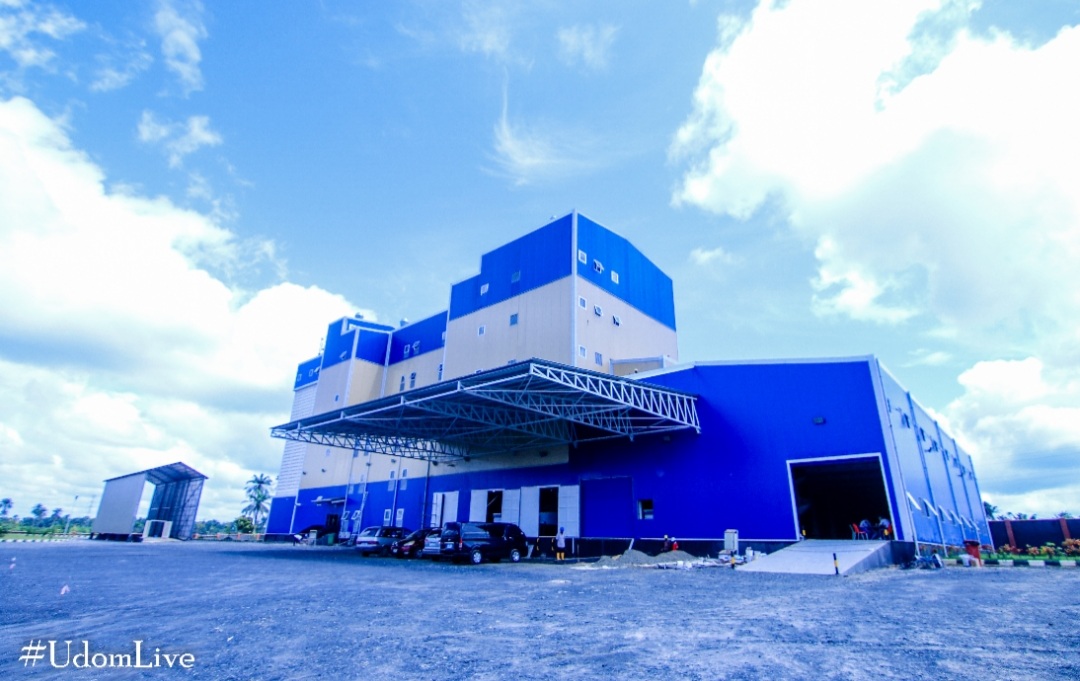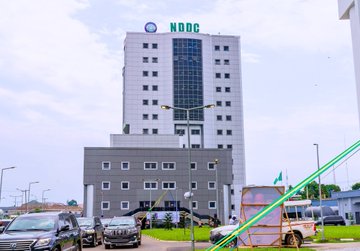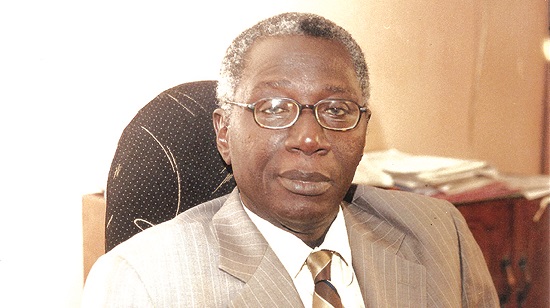BY NSIKAK IBOK
The recent announcement by Akwa Ibom State Governor, Udom Emmanuel, of a $1.4 billion agricultural investment in addition to the growing list of industrial establishments currently in operation should convince cynics and critics that his plan of making the oil-rich, South South state Nigeria’s industrial hub is neither a gimmick nor a pipe dream. There is evidence on the ground to encourage the belief that the announcement is not a political statement that was designed to seek support for an ambition (he wasn’t on a soap box).
In what was akin to letting the cat out of the bag, the governor told an ecstatic audience at the official opening of the Tropicana Shopping Mall in Uyo, the state capital, that the investment, which would span two countries, would change Nigeria’s agricultural fortune – one that would put smiles on the faces of Akwa Ibomites and make them walk tall with their heads held high.
Governor Emmanuel had promised on coming to power in 2015 to make Akwa Ibom an industrial hub, with an economy that is driven by the private sector collaboration. With a little over two years left of his two-term tenure, there is reason to believe that the state is on the road to assuming that status. You cannot say a state which was a predominantly public-sector state with only one functional industry, but now has over 15 industries dotting the landscape after only about five years, does not have the potential to be a major driver of the Nigerian economy.
Advertisement
As a regular visitor to Akwa Ibom over a period of about two decades, I have seen administrations come and go. I can say with some degree of accuracy what each administration since 1999 brought to bear in the state.
Obong Victor Attah fought and succeeded in securing a political solution that ended the controversial onshore/offshore dichotomy in derivation which would have emasculated the state, financially speaking, if it had been allowed to stand. That administration started building infrastructure with the little monthly allocation available from Abuja monthly. The tenure of Godswill Akpabio was the era of boom, which enabled him to increase the tempo in infrastructural development, significantly changing the Uyo environment.

Governor Emmanuel served notice quite early of his desire and determination to change the narrative on the economic status of Akwa Ibom for the best through industrialization. While pursuing development of all the relevant sectors like health, agriculture, transportation, aviation, etc, he made industrialization the cardinal programme of his administration. The focus on industrialization was meant to create a strong, private sector-collaborative economy that would guarantee sustainable development of the state for the present and future generations.
Advertisement
Those who scoffed at the governor’s promise to make Akwa Ibom an industrial hub must be eating their words now, seeing that he has achieved what no governor in the country has achieved in so short a period, as far as industrialization is concerned.

The governor is not your regular political leader who plays to the gallery by establishing projects that turn out to be white elephants; projects that have no impact on the lives of the people. It bears mentioning that all the industries currently operating in the state have a vision behind their creation, and the vision is being realized each day. They may be huge in size, some with no comparison with any in the whole of Africa. But they are relevant to the needs of the country.
For instance, probably not many people saw the need for a syringe manufacturing company in a society where agricultural and agro-allied products should be the number one priority, to address food insecurity. But it turned out that a visionary governor noticed a weak link in the value chain of the very critical health sector in which a country of about 200 million people depended solely on imported syringe to provide healthcare to its people.
It took an equally visionary leader like Vice President Yemi Osinbajo to see the strategic importance of the company to Nigeria, the reason he described Emmanuel as “one of the cleverest people I have come across”, and the project, “a game changer”, at the commissioning of the Jubilee Syringe Manufacturing Company to mark the 30th anniversary celebration of the creation of Akwa Ibom State in September, 2017. With capacity to increase production from the current 400 million units of syringes to one billion annually, the company has the capability to meet national and export needs.
Advertisement

The industries that are operating today in Akwa Ibom are designed to meet not just the needs of the state, but the country as a whole. What this means is that they were not set up to boost only the economy of the state, but the nation’s economy, a clear proof of the fact that they were all set up to key into the vision of making the state Nigeria’s industrial hub.
The Electricity Metering Solutions Services Limited is also a project of importance not only to Akwa Ibom, but also to Nigeria, as it is currently contributing to addressing the gross meter shortage for electricity consumers in the country. The company has production capacity for six million meters annually, more than is required in Akwa Ibom. It currently supplies meters to Eko, Port Harcourt and Kano electricity distribution companies, and also exports to Liberia and The Gambia effectively leading in the supply of meters whilst endearing commercial footfall and contribution to the state.
Another high profile industry of strategic importance is the St. Gabriel Coconut Oil Factory which construction is nearing completion at Mkpat Enin, in the proposed Liberty Oil and Gas Free Zone for which the state has obtained federal government approval. Set to be the biggest on the continent, the state-of-the-art coconut oil refinery will make Akwa Ibom a major export hub for virgin coconut oil in Africa. Multi-faceted and fully digitalized when completed, the refinery will have capacity to process other economic products like palm kernel oil.
As one industry after another continues to spring up on the landscape that is fast changing and taking shape, the people of Akwa Ibom are surely the better for it. The industries indeed are collectively provided jobs to thousands of people in the state through direct and indirect employment and is bound to improve the standard of living, enabling families to be able to afford necessities like food and healthcare, with overall improvement in their general wellbeing.
Advertisement
Views expressed by contributors are strictly personal and not of TheCable.
Add a comment






